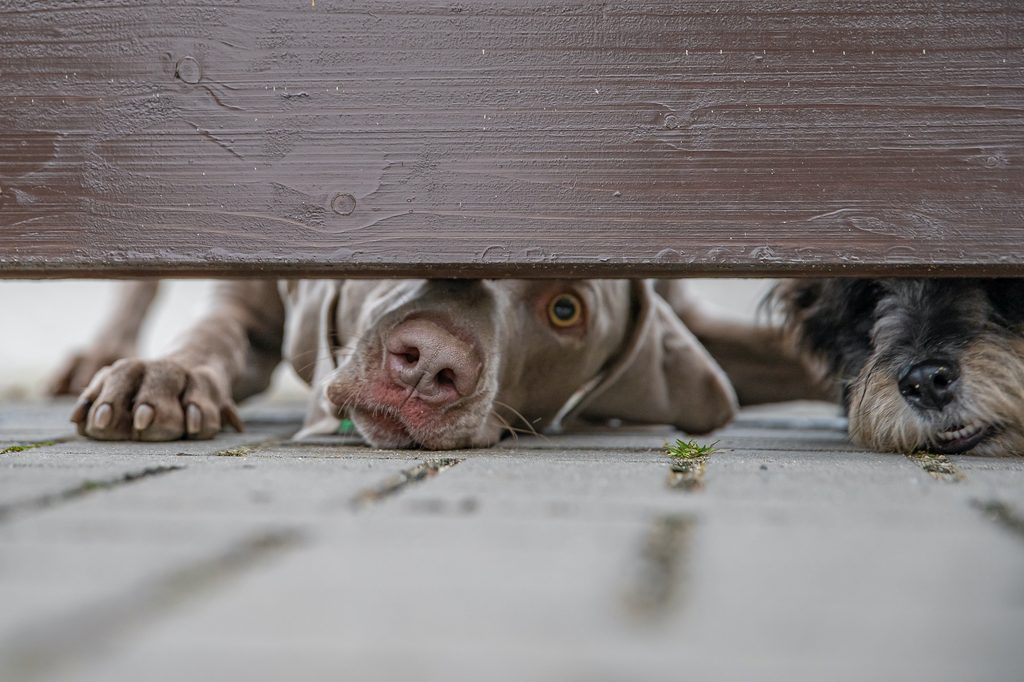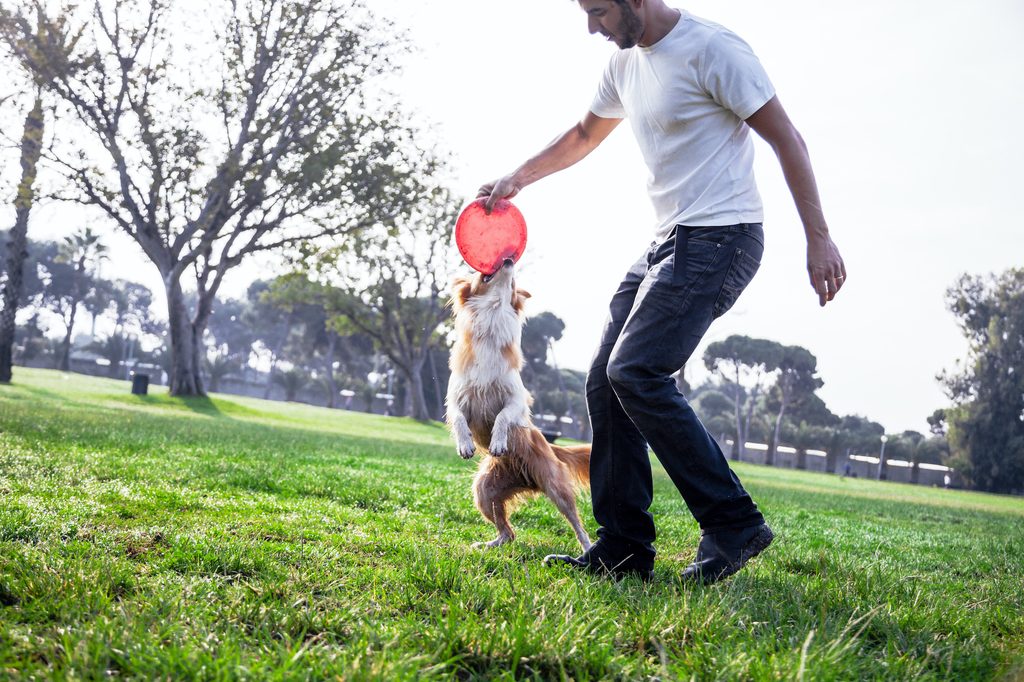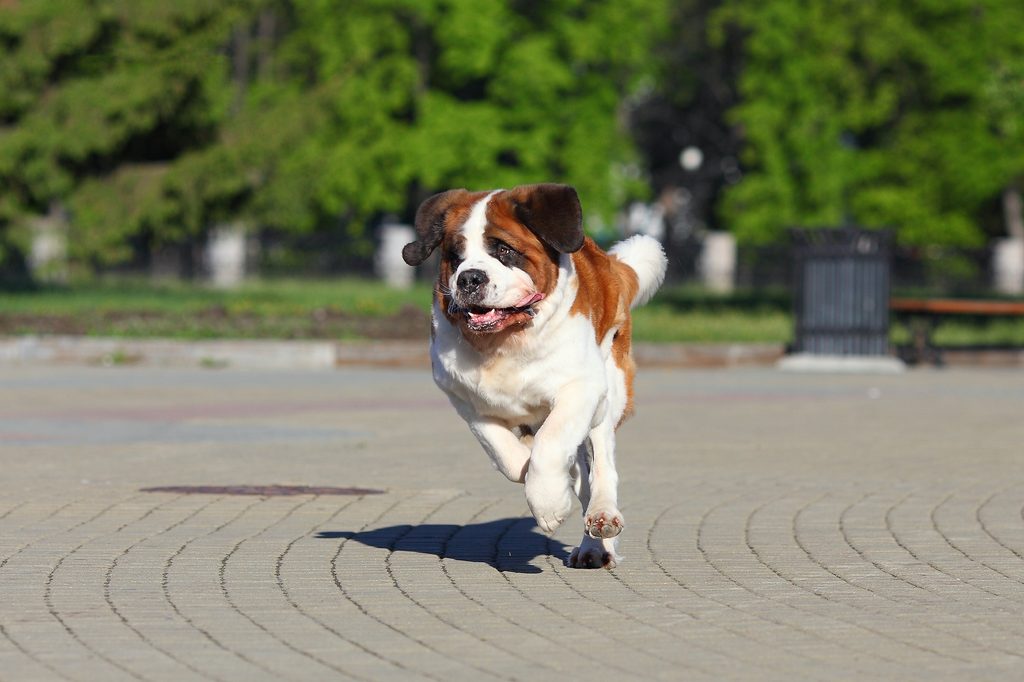
No one loves us more than our dogs, which are ever devoted in their quests for human affection. But like so many people, they’re also easily distracted and can dash off at the first sign of something interesting — a squirrel, for instance, will send many a pup out of the house or yard faster than a bullet.
Even a good boy might run away sometimes, but there are some methods you can use to keep your beastie safe and secure. After all, a loose dog is a recipe for trouble. So why do dogs run away? We’ll take you through the causes and give you a few tips to get them to stay home.
Why do dogs escape?

There’s no one main cause for running away and you’ll need to look at a few factors before you can determine the exact reasons why your pup has decided to become an escape artist. We’re covering the most common possibilities, though sometimes you’ll need to take a trip to the vet or talk to a behavior specialist to get to the bottom of it.
Intrigue
As mentioned, the sight, sound, or smell of something exciting can set your dog off. They may spot their best friend, or a cat, or their favorite human and attempt to get out. The best way to combat this behavior is by implementing a secure system, such as a high fence, to prevent escape.
Boredom
On the flip side, a pooch that isn’t getting enough exercise or attention might decide to take matters into their own paws and wander off. For the most part, you should not leave a pup pup for very long outside, the easiest location to break out of. However, a bored dog will get up to other mischief as well, and you’ll want to get to the root of the problem by making sure they’re receiving plenty of stimulation.
Fear
Just as your furry friend might break through the fence because they’re excited or bored, they also might run away from something scary. Approximately one in five pets goes missing because of a loud noise, according to WebMD. So make sure Fido is secure during fireworks and the Fourth of July.
Separation anxiety
Basically, every dog jumps for joy when their humans arrive home to greet them, but some buds will take this to the next level. They become so stressed by your departure that they become destructive, have bathroom accidents, or try to escape. Your dog might just be trying to find you, but it’s still not safe for them to be out without you. That’s why it’s best to keep them inside when you leave.
Sex drive
Yup, you read that right. An intact dog, especially a male, might take to wandering off in search of a mate. The simplest way to solve this is with a quick trip to the vet and we recommend talking through spaying or neutering with a professional if you aren’t actively breeding.
Here’s how to keep your dog from running away

To keep your dog safe and sound at home, pay close attention to their particular triggers and cues. In addition, follow these best practices to help your pet stay.
- Give your dog plenty of attention, including walks and playtime, every day.
- Make sure they have plenty to do while you’re gone by leaving out some chew toys and a fresh bowl of water.
- When you aren’t around, keep your buddy inside so they can’t escape easily.
- If you plan to be away for long periods, take them to doggy day care or hire a dog walker in your absence.
- Teach your pet commands, like “stay” and “come,” which work in a pinch — don’t forget to practice until they’ve mastered them.
What happens if your dog escapes?

While you want to put most of your energy into getting your animal to stay put, even the best-prepared pet parent might have their worst nightmare come true: Your dog gets out, and you can’t find them. Before you go looking for your best friend, open a door they use frequently. Chances are, your dog will wander back on their own, especially at mealtime. Then load yourself up with their favorite treat and check their hotspots, like the local dog park, first.
Call your dog’s name as you go and keep an eye and ear out for them. If you aren’t reunited in a short period of time, post to social media or a local group. Include a photo, distinct markings, their name, and your number. You can also call shelters or other rescues that will keep an eye out.
Having an escape artist for a dog can certainly be a nerve-wracking experience, but for the most part, you can prevent them from leaving. Invest in better fencing, chicken wire, and heavy-duty locks as needed to cut down on their ability to get out. That, plus a little extra training and playtime, will convince your dog to stick by your side.



